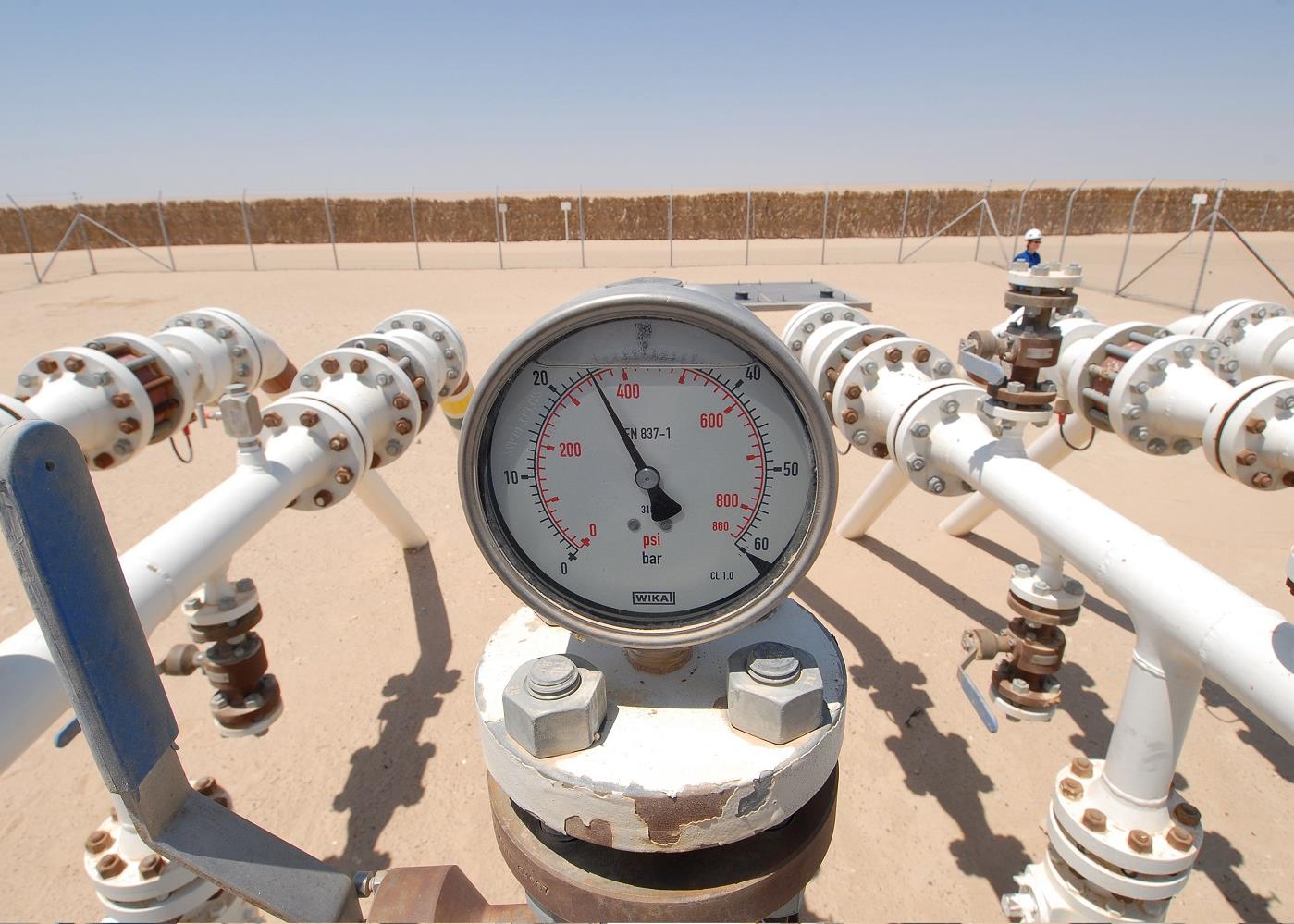
The Saline Water Conversion Corporation (SWCC) is focusing on partnerships with foreign companies to develop future projects in a restructured water sector. Technological development and water conservation also feature heavily in its future plans, SWCC governor Abdullah al-Hussayen told MEED in mid February.
The water sector is in dire need of change. According to SWCC's own figures, the kingdom must spend more than SR 40,000 million ($10,700 million) by 2020 on its desalination and wastewater networks if it is to meet requirements. The government has responded by announcing the creation of a new water ministry, now being set up, to take charge of a fragmented sector now run by four ministries, seven regional authorities and other government bodies. The new ministry has been given a mandate to encourage private sector participation. SWCC will remain independent, but the new water minister will chair the SWCC board, a position now occupied by Agriculture & Water Minister Abdullah bin Muammar.
'The government's five-year plan includes a commitment to build a number of desalination plants,' said Al-Hussayen. 'Who builds them, and how, is still to be determined as we define our future role. It depends on developments with setting up the new ministry and on the gas initiative.' International oil companies are looking at the construction of two desalination plants with a capacity of 150 million gallons a day (g/d) each and one plant with a capacity of 75 million g/d. Detailed agreements are due to be struck in March.
'There are three possible scenarios for desalination in the new sector. One is that SWCC does lump sum turnkey projects itself, as before. One is for entirely private plants to be built, which would require the appointment of a regulator. The third is a combination, in which SWCC would form partnerships with foreign companies through a new holding company. That wouldn't require a regulator in the short term because the government would be the total offtaker. It would require a regulator later on as other offtakers emerge. This is the most likely model.'
The model resembles that used by the Abu Dhabi Water & Electricity Authority (ADWEA) in its independent water and power plant (IWPP) programme. Prospective developers in Abu Dhabi bid for a minority stake in a project company set up by ADWEA. The foreign partner then handles engineering, procurement and construction, operations and maintenance and arranges the finance. 'We have benefited a great deal from the other Gulf desalination experiences,' said Al-Hussayen. 'We have exchanged ideas and we think that involving the private sector while keeping the government in the picture is an excellent approach. Water projects have a good return on investment, so both developer and offtaker should be beneficiaries.'
As well as the plans for private desalination plants under the gas initiative, a number of foreign companies have applied for investment licences to develop plants of their own. Japan's Sumitomois looking at a $2,200 million plant for Jubail.
Private sector participation will be influenced by the new water tariffs, to be set by the new water ministry. 'The tariff is now at a minimum and we have a committee studying increases,' says Ali al-Tokhais, deputy minister for water at the Agriculture & Water Ministry in Riyadh. 'Water is a social commodity and it can't be dealt with on a strictly cost-benefit basis. But at the same time, meeting demand requires a lot of investment in old and new plants. The door is now open to investors from inside and outside the kingdom.'
SWCC, which produces nearly one-third of the world's desalinated seawater, is also a market leader in technology. It has recently developed a highly efficient system using nano-filtration (NF) membranes alongside traditional reverse osmosis (RO) technology. 'We have introduced this in one of our smaller existing desalination plants,' said Al-Hussayen. 'It is the first time that NF and RO have been used like this in a plant and it has increased production by 42 per cent for only 4 per cent of the capital cost of the plant. We are now installing NF at all our RO plants as part of our normal operations and maintenance. We're still looking at ways to combine NF with multi-stage flash technology.'
Because of the high cost of water production, water conservation is a key issue for SWCC. 'We must learn to fulfil demand without increasing supply,' said Al-Hussayen. 'There is unnecessary consumption of about 35-40 per cent in the kingdom. Tariffs and other regulatory changes can help, and so can the control of leakage and careful selection of toilet appliances like flush bowls and shower heads. We should not be using high-quality, desalinated water where we could use groundwater.'
You might also like...

Algeria signs oil deal with Swedish company
19 April 2024

Masdar and Etihad plan pumped hydro project
19 April 2024

Ewec signs Ajban solar PV contract
19 April 2024

Contractor orders compressors for onshore project
18 April 2024
A MEED Subscription...
Subscribe or upgrade your current MEED.com package to support your strategic planning with the MENA region’s best source of business information. Proceed to our online shop below to find out more about the features in each package.




